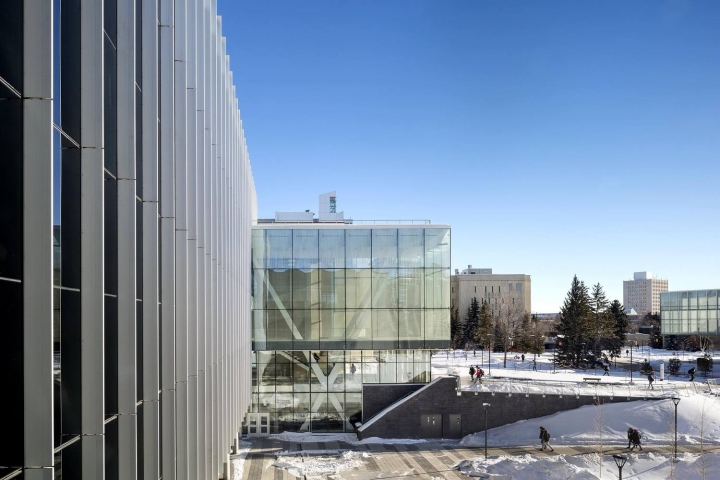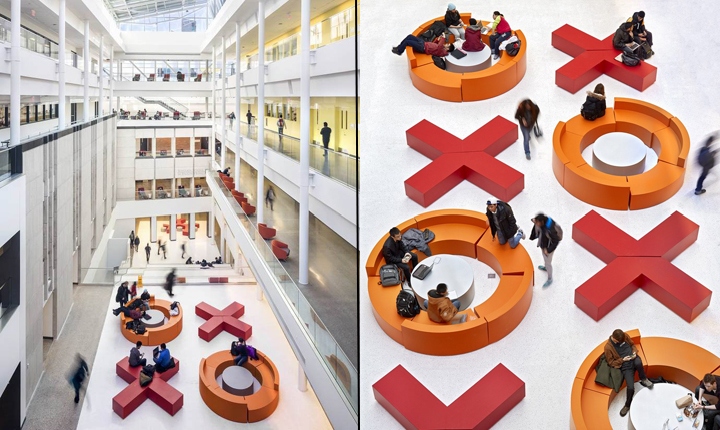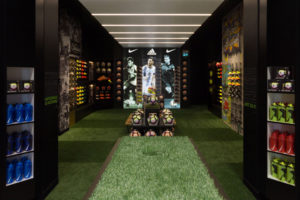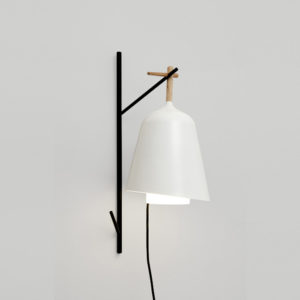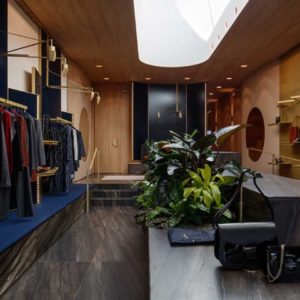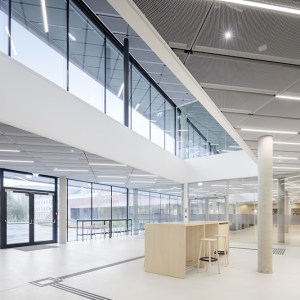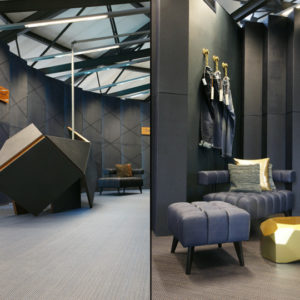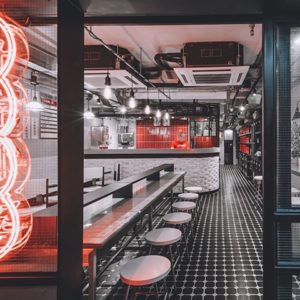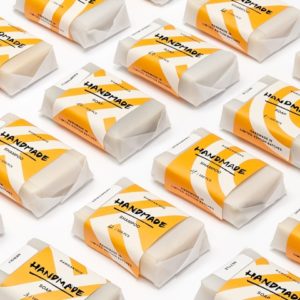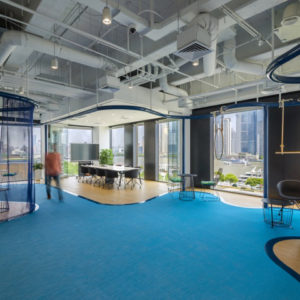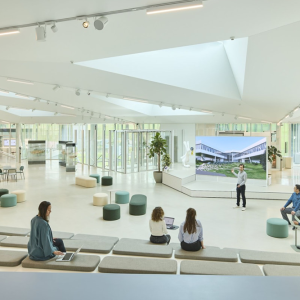
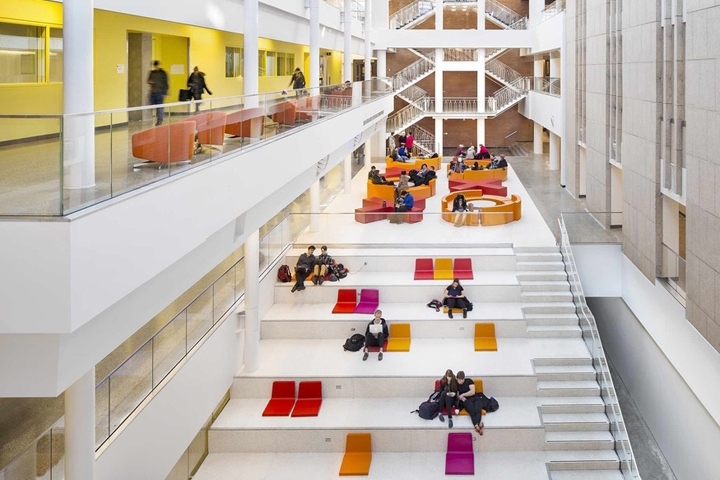

The Canadian Natural Resources Limited Engineering Complex is an infill expansion of the Schulich School of Engineering at the University of Calgary. The design integrates over 4500 students, faculty and staff in new and modernized space within the existing campus. The goal was to improve the teaching, research, administrative and support spaces as well as to upgrade public circulation and to provide the school with a centralized social hub.
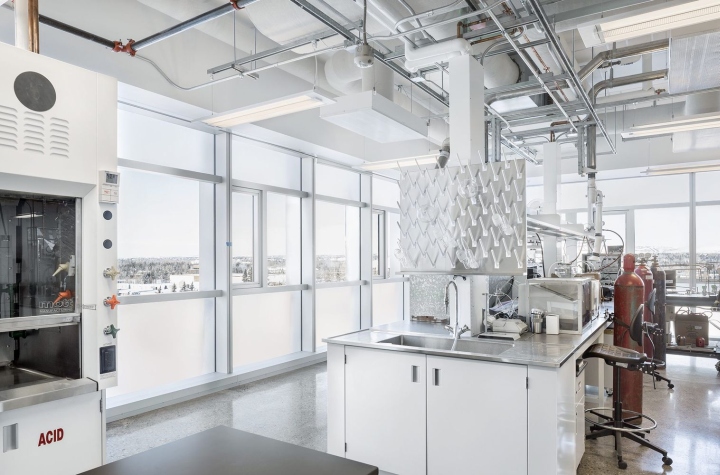
The phased, seven-year-long project took place with the existing facilities fully occupied. Many of the servicing elements within the design are exposed and celebrated such that they become central elements of the building aesthetic and create a didactic learning tool for students. Significant portions of the old precast cladding have been internalized to become a major archeological element within the new atrium.
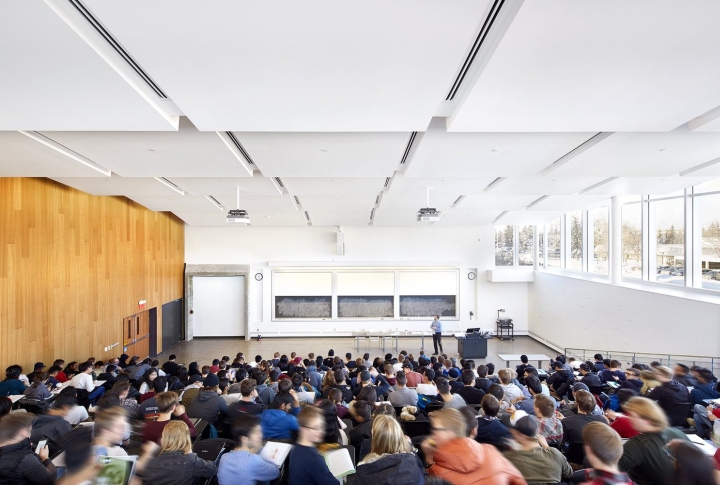
To allow maximum flexibility for curriculum changes in the future, which will extend the life of the building, the servicing for the new spaces has been carefully arranged to allow numerous room configurations. The labs were moved to the upper floors so that their ducted path to the roof and penthouse were shorter. The $174 million (CDN) project is designed as an economical infill scheme that maximizes new built area with a minimum of new building envelope, most of which is glazed.
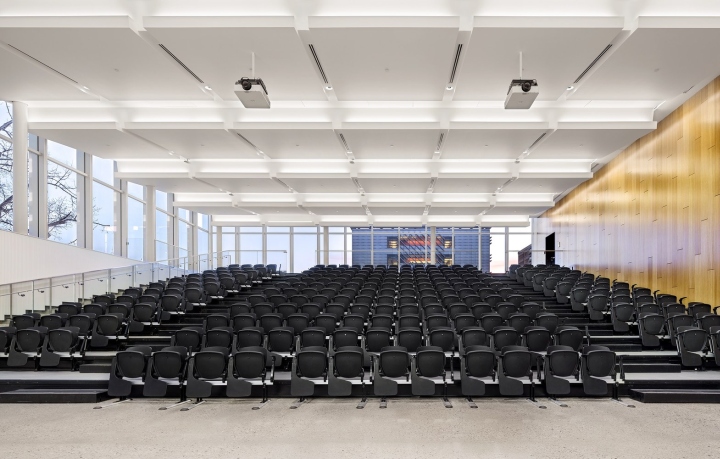
The south elevation, which is the only full “face” the building has, is four stories of dynamic view glass, a product that darkens depending on the intensity of the sun, thereby ensuring that glare and heat gain does not compromise the usefulness and level of comfort. The architects took this sustainable feature a step further by programming the glazed panels allowing graphics to dance across the facade.

“We’ve currently programmed it to go through a set sequence twice a day, with the tinting slowly dissolving into basic patterns as time passes,” said David Dow, Principal, Diamond Schmitt Architects. Students congregate in the light-filled space on brightly coloured, X- and O-shaped seating designed by Dutch firm Feek.
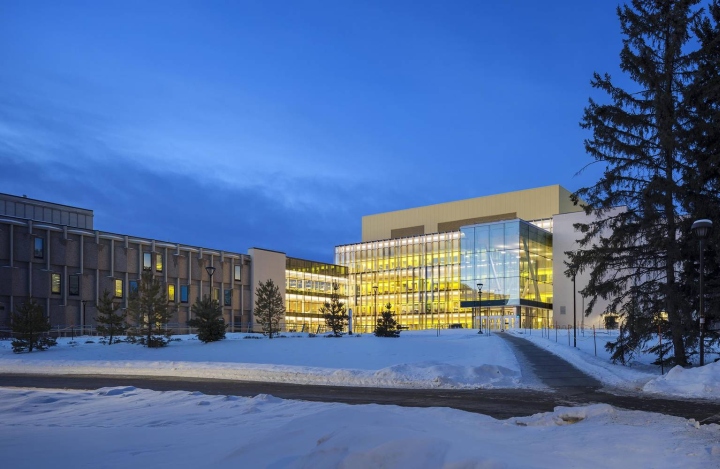
The atrium floor drops away in an amphitheatre-type setting to improve connection with the basement, which both extends daylight into the core and provides access to a garden. Two 240-seat theatres anchor the expansion at the north and south. Flexible space with retractable seating in one theatre can accommodate lectures, exhibition space or dining venue. The complex has a sustainability mandate to pursue LEED Gold certification.
Design: Diamond Schmitt Architects + Gibbs Gage Architects
Photography: Ed White
